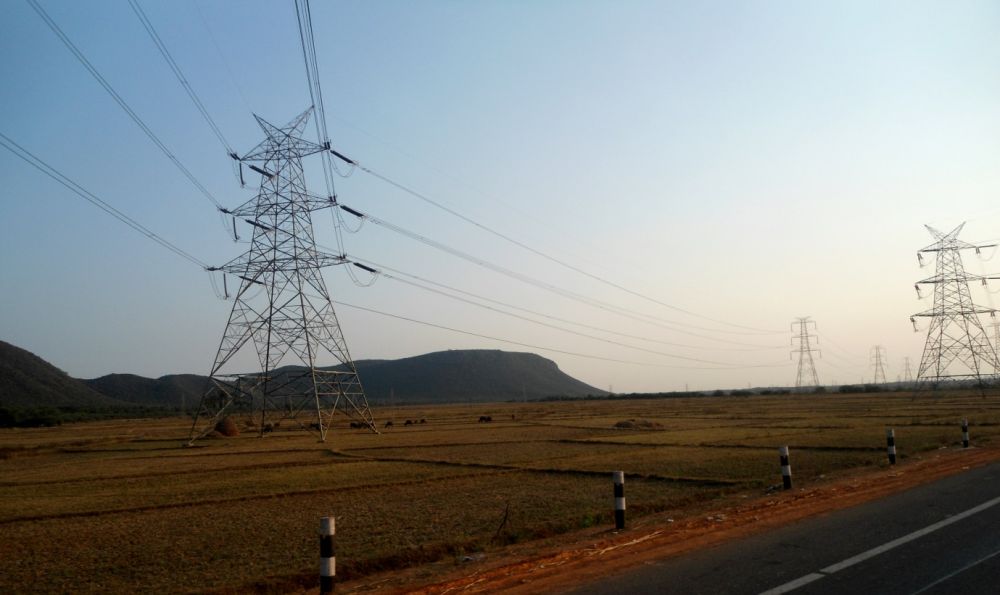India’s specialised renewable energy transmission project secures $500 million
A $500 million agreement has been reached for dedicated transmission lines for renewable energy projects in India

A $500 million agreement has been reached for dedicated transmission lines for renewable energy projects in India.
India’s state-owned power transmission infrastructure developer, Power Grid Corporation of India (PGCIL), announced last month that it secured $500 million of debt funding from the Asian Development Bank fund the project.
The transmission lines will run from Rajasthan on the western side of the country through to neighbouring Punjab and Haryana.
Rajasthan has the highest concentration of wind and solar energy projects in north India, while agricultural states Punjab and Haryana are constrained by cost and availability of land preventing the development of large-scale renewable energy plants.
The project has previously received funding from the Asian Development Bank and Germany’s KfW.
The latest funding will be used for setting up new direct current terminals in the states of Tamil Nadu, Kerala, and Chhattisgarh.
PGCIL has already operationalised the second phase of the green corridor programme.
The company has also allocated a transmission project in Andhra Pradesh, while completing the tendering process for projects in Madhya Pradesh and Karnataka – all of which have completed multiple auctions under their respective solar energy policies.
The news follows the announcement that the Central Electricity Regulatory Commission (CERC) has announced plans to lower the floor price of solar renewable energy certificates (REC) from 1 April, 2017.
If the cost of renewable energy and storage continues to fall at current rates, India could phase out coal power completely by 2050 – significantly outperforming its commitments under the Paris Agreement.
Furthermore, according to plans laid out in India’s latest union budget, almost every railway station in the country will soon be powered by solar energy.
For the latest news on renewables, sustainability and climate change, sign up to our free newsletter here.






